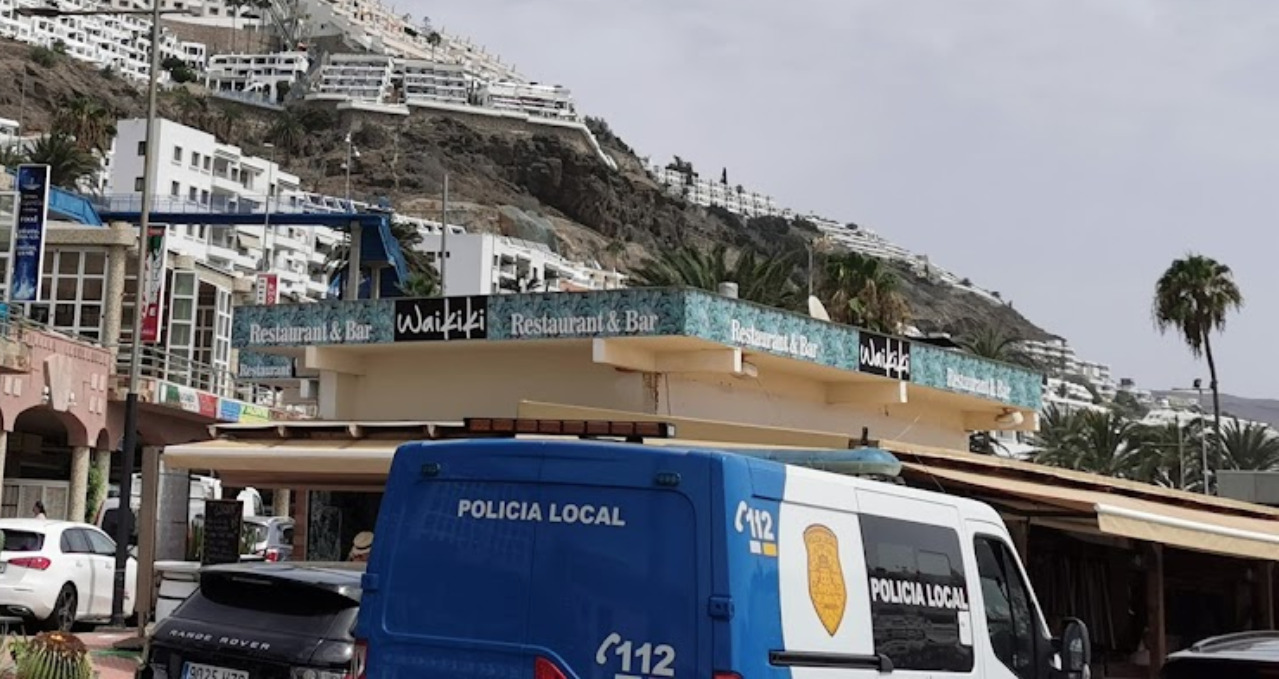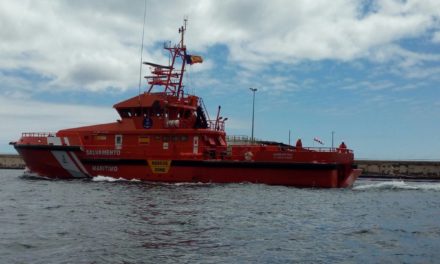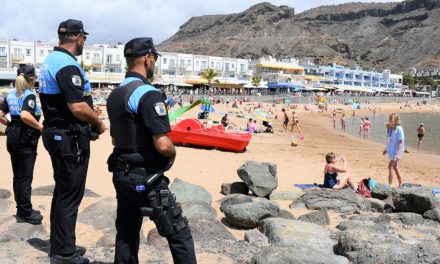 The Contentious-Administrative Court in May condemned the “inactivity” of Mogán Town Council and compelled the administration to start the restoration process for the third time. The first case, opened in 2001, expired. The second, initiated a year later, ended with the demolition order that was never executed, despite the fact that the cost of the work was budgeted and the company involved was granted a license for the demolition after a sentence issued in 2007 by the Contentious-Administrative Chamber of the Superior Court of Justice of the Canary Islands (TSCJC, the Canary Islands High Court) endorsing the agreement adopted by the Government Commission against illegal construction work.
The Contentious-Administrative Court in May condemned the “inactivity” of Mogán Town Council and compelled the administration to start the restoration process for the third time. The first case, opened in 2001, expired. The second, initiated a year later, ended with the demolition order that was never executed, despite the fact that the cost of the work was budgeted and the company involved was granted a license for the demolition after a sentence issued in 2007 by the Contentious-Administrative Chamber of the Superior Court of Justice of the Canary Islands (TSCJC, the Canary Islands High Court) endorsing the agreement adopted by the Government Commission against illegal construction work.
Following the sentence last May, the businessman who had filed the lawsuit against the Local Council’s failure to act, urged its provisional execution. The company objected, as did the legal services team paid for by the tax payers of Mogán, working under the direction of the local administration, still headed up by La Alcaldesa O.Bueno (of the so-called CIUCA party), alleging that the court ruling (which is not yet final) may conclude “with an order to demolish certain works, which would cause an irreversible situation and with damages impossible to repair.” They also claim that the previous order to restore legality had expired and that, therefore, a new file could not be initiated because it would cause “legal insecurity” for the promoter.
In an order dated July 29, but only notified to the parties involved last Friday, the judge quite simply rejects the arguments put forward by Dinije Inversiones and supported by this town hall’s legal advice. Regarding their allegation of potential for “legal uncertainty” that might be caused by opening a third case file against the company, it is recalled that this issue was already analysed and resolved in the sentence. “What undermines legal uncertainty is that there are [construction] works that invade an area of public domain, which have been considered illegal and for which there is a demolition order”
 Both the promoter company, responsible for the illegal construction, and the Mogán Town Council claim that a report from Puertos Canarios does now in fact open the door for legalisation of the facilities. The plaintiff, on the other hand, sees no other option than the demolition of the construction, clearly judged to be “illegal, and carried out on public land.”
Both the promoter company, responsible for the illegal construction, and the Mogán Town Council claim that a report from Puertos Canarios does now in fact open the door for legalisation of the facilities. The plaintiff, on the other hand, sees no other option than the demolition of the construction, clearly judged to be “illegal, and carried out on public land.”
Over recent years, the administration has sealed off a bar-restaurant on several occasions for lacking the appropriate activity license, although it ended up lifting those orders. In 2017, the president of the Insular Sailing Federation of Gran Canaria said that the survival of the sailing school where that establishment is located depends on renting the space.
The judgement notified last week to the parties is still not firm either. An appeal can be made within fifteen days.













